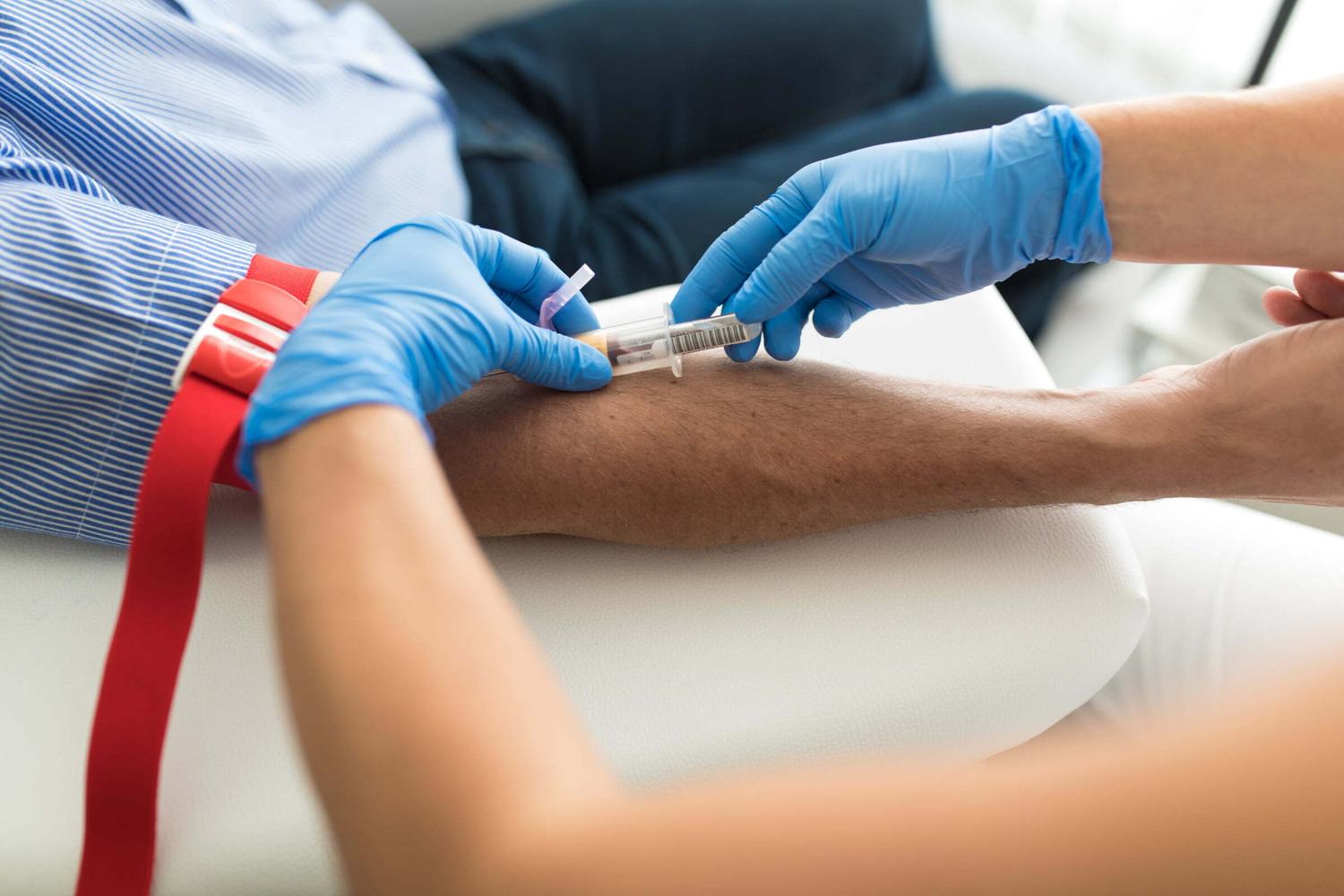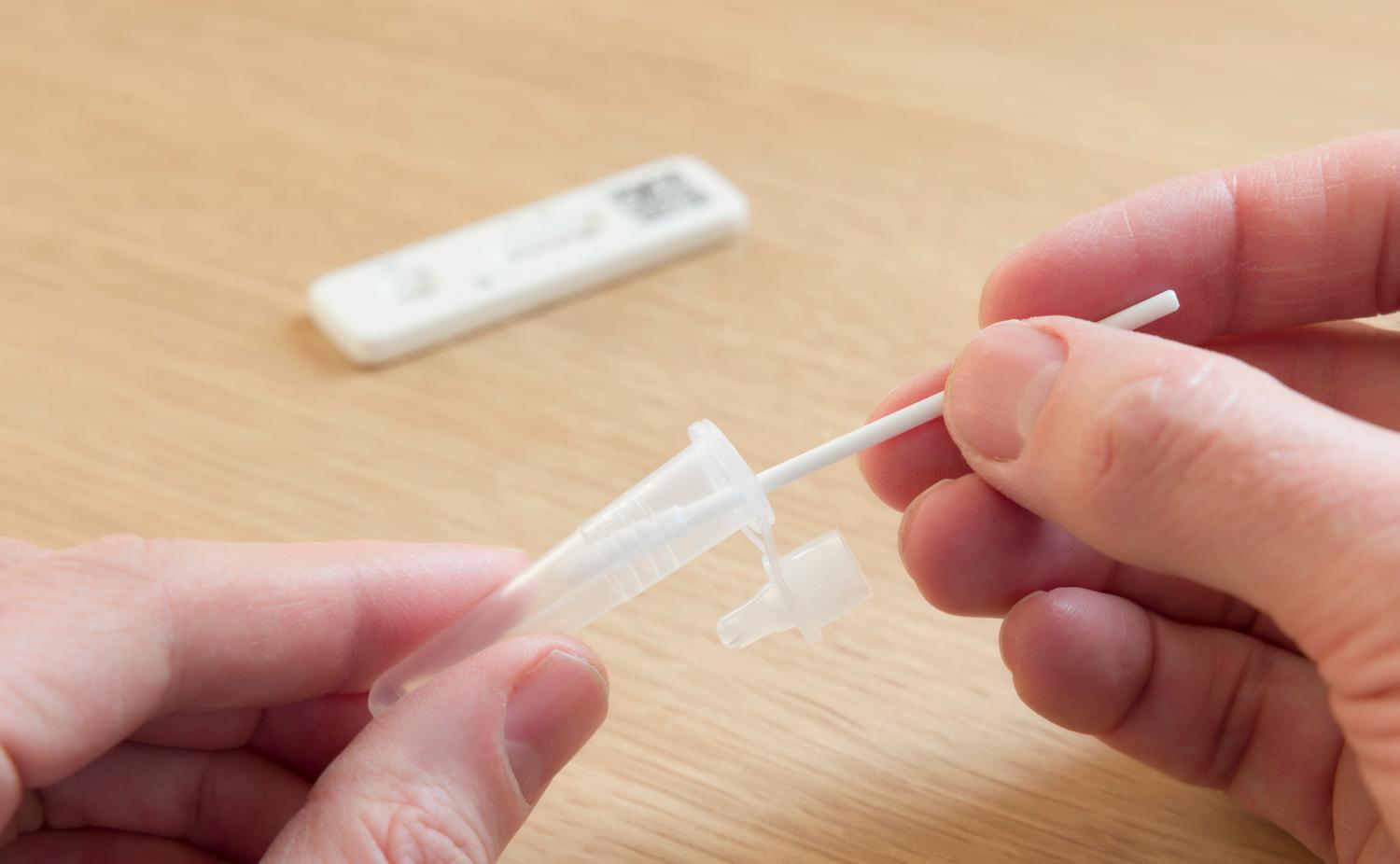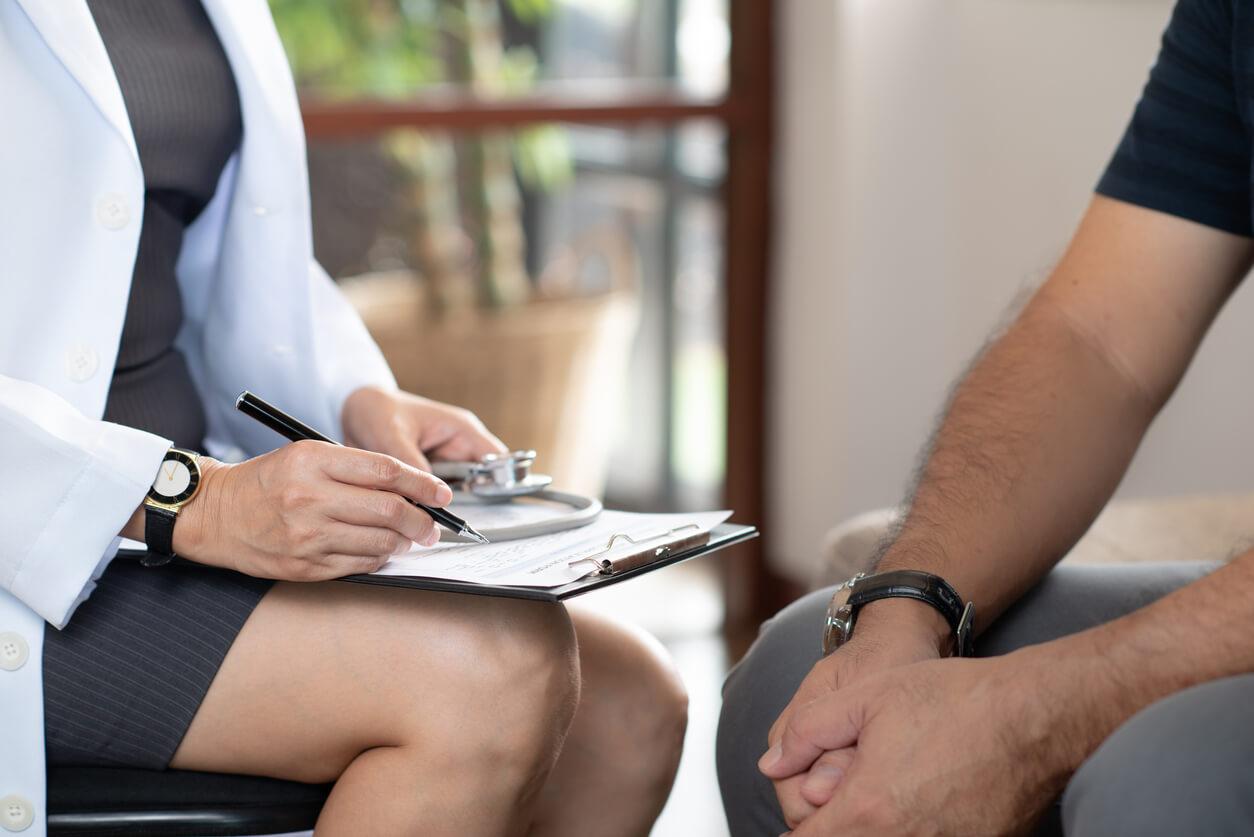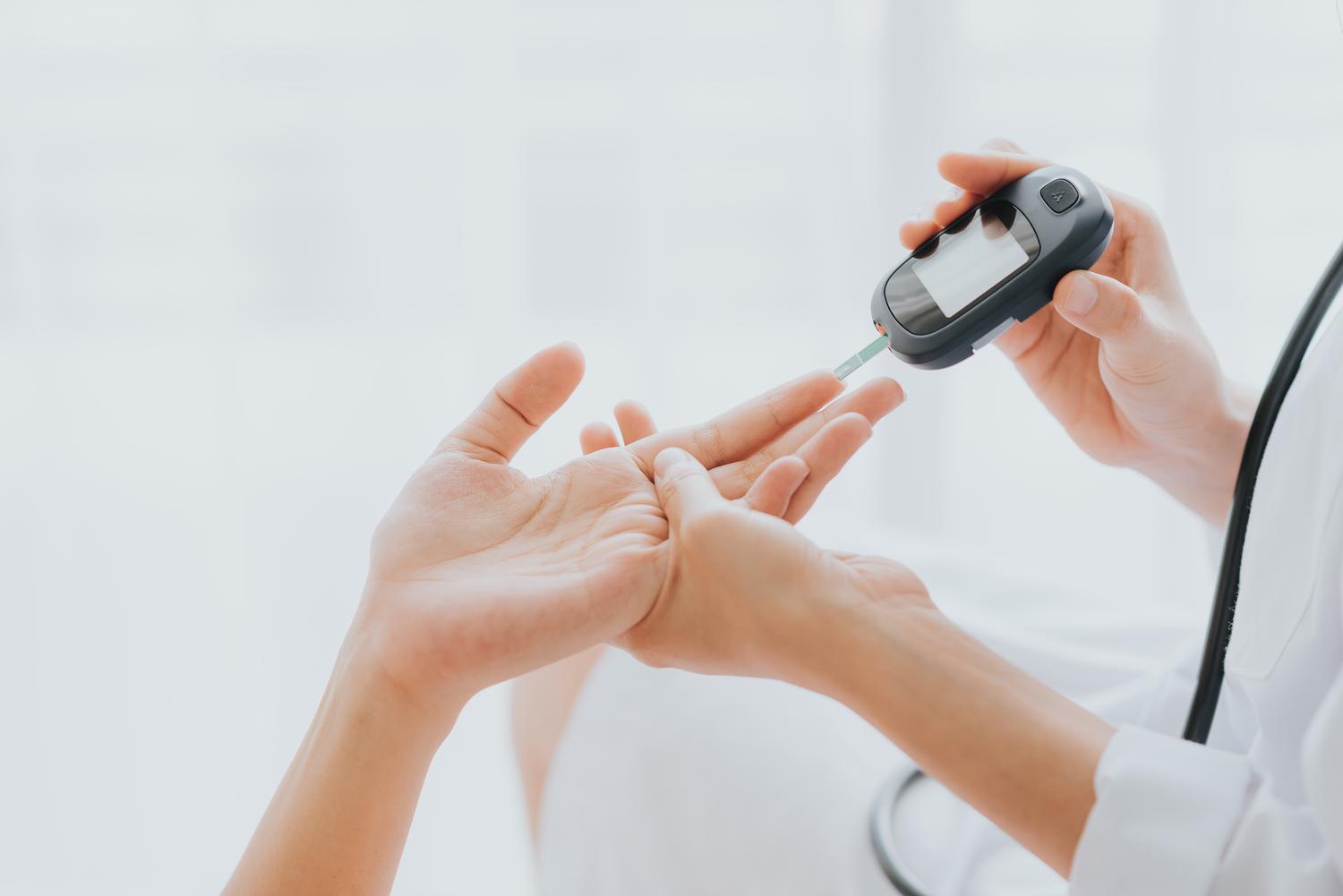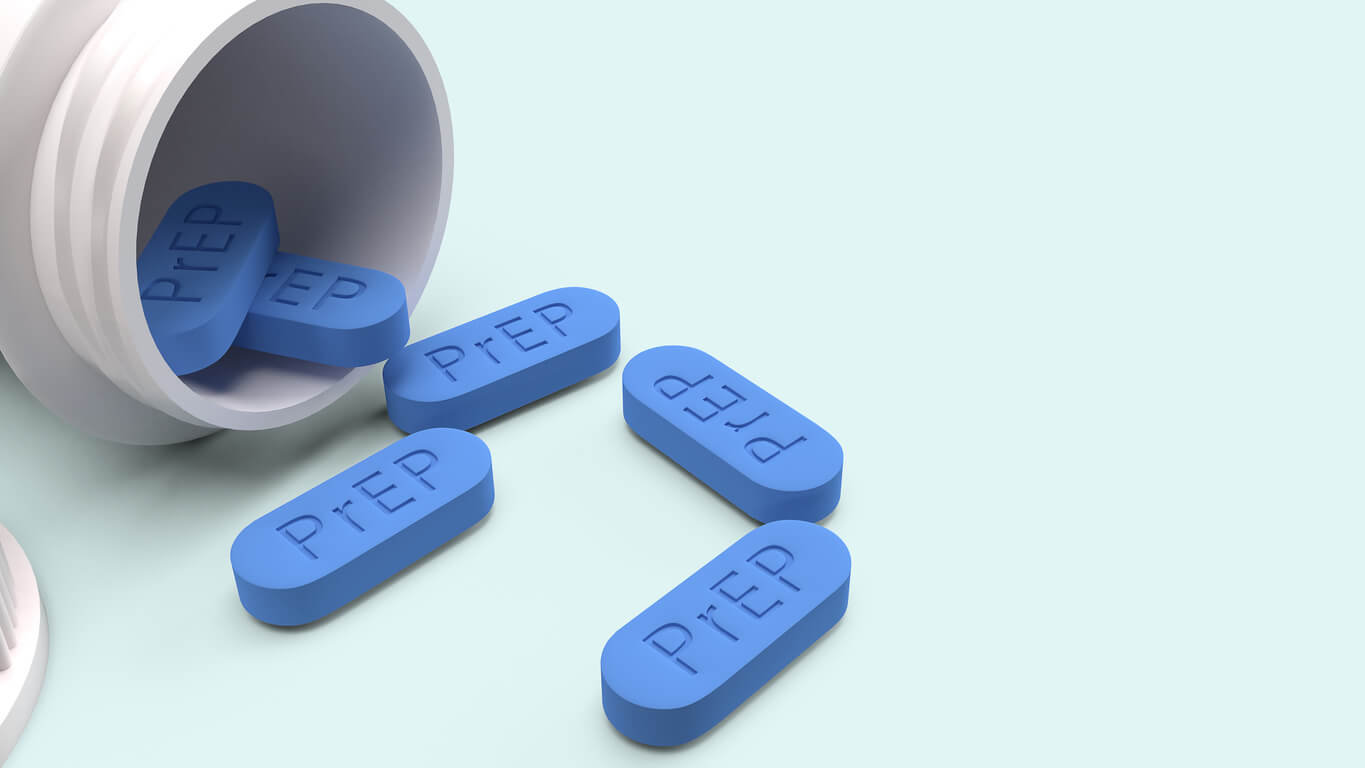Can You Get STI Lab Tests Online?
Sesame has partnered with over 1,500 Quest Diagnostic locations to offer blood testing - such as STD lab tests - without having to see a doctor first. When you visit a doctor’s office, you will usually have to pay for both the blood test and the doctor’s order for the test. When you schedule your blood test online through Sesame, the price of the doctor’s order is included with the price of the test. With labs purchased through Sesame, you are guaranteed the best cash price for your comprehensive metabolic panel test - no insurance needed.
If you’re ready to book a lab test, follow these simple steps:
1) Search for the type of lab test you are looking for (e.g., “STI Lab Test”, or “Testosterone Lab Test”). 2) Browse Quest Diagnostics locations to find the patient service center that is most convenient for you. 3) Either book a walk-in appointment or schedule a visit for a time that works best for you. 4) Save 50-60% on your test with our online-only prices. Pay a one-time price upfront without ever having to see a doctor. 5) We send immediately send your order to the clinic of your choosing so that you can get your testing done that very same day. Either head to the office for a walk-in appointment, or show up at your scheduled appointment time.
Can’t find the test you’re looking for? Email us at support@sesamecare.com or call us at 1 (877) 947-6411 between 9 AM and 5 PM Central, Monday through Friday. We'll try to find you a lab or blood test as quickly as we can.
What are STI tests?
STI tests are diagnostic procedures used to screen for sexually transmitted diseases and infections. In many cases, the symptoms of STIs are not immediately apparent. Some sexually transmitted diseases exhibit few symptoms at all. Because of this, it is important to receive pre-emptive screenings to help detect infections and diseases early on. The earlier you undergo treatment for an STI, the more effective that treatment usually is.
Common forms of STI testing include:
- Urine tests (Urinalysis)
- Cheek swabs/ discharge swabs
- Blood testing
- Physical examinations
Why are STI tests performed?
Many STIs do not exhibit symptoms early on in the infection. Because of this, they are hard to detect without urinalysis or blood work. Early detection of an STI can help improve the efficacy of treatment and may prevent you from spreading the infection to others.
The specific type of test you need will depend on your symptoms and your health history. If you are diagnosed with an STI, you should tell any sexual partners you have about the diagnosis so that they can be tested and treated - if needed. Even though this can be awkward or uncomfortable, honesty can help these individuals receive proper treatment right away. Early detection can also prevent medical complications for both you and your partner.
What are the most common STIs?
While there are a range of sexually transmitted infections, the most prevalent include:
- Chlamydia: A bacterial infection that is most often spread through unprotected sex.
- Gonorrhea: A bacterial infection that can infect the rectum, throat, urethra, and cervix.
- Syphilis: A bacterial infection that starts as a painless sore on the mouth, rectum, or genitals, and is spread from contact with these sores via your mucous membrane or skin.
- Trichomoniasis: A parasite that can transfer between people during sex. Genital warts: Caused by certain strains of HPV, and can affect the moist tissues of the genitals.
- Hepatitis B (HBV): HBV is a virus that is spread between people through body fluids such as blood and semen. This means it's transmissible through sexual contact and sharing needles.
- Human immunodeficiency virus (HIV): HIV is the virus that causes AIDS. The HIV/AIDS virus can break down certain cells of your immune system, leaving you increasingly susceptible to infections and illnesses. HIV/AIDs can be fatal.
- Human papillomavirus (HPV): A virus that has the potential to cause cancer in women and men.
- Herpes simplex virus: Herpes is a viral infection that can result in sores on your mouth and/or genitals. Herpes of the mouth and genital herpes, though painful or annoying at times, does not usually lead to other serious health problems.
How often should I be tested for STIs?
The Centers for Disease Control and Prevention (CDC) recommends the following groups get tested annually:
- Sexually active women under the age of 25
- Women over the age of 25 with multiple sexual partners
- Gay or bisexual men
- Individuals with HIV
- People who have been forced to have sexual activity against their will
Pregnant women should be tested early in pregnancy because an STI infection can lead to low birth weight, premature labor, or a miscarriage. The CDC also recommends that teens and adults ages 13 to 64 get tested for HIV at least once.
It can be awkward to talk about your sex life, but it is important that you are upfront with your health care provider about any symptoms you may be experiencing, your health history, the number of sexual partners you have, and the type of sexual contact you have had recently. If you are a sexually active adult, annual STI testing is recommended to prevent the spread of infections and reduce your risk of serious complications.
How are STI tests performed?
A number of STI tests are performed via blood work or a urine test. This means that a small sample of blood will be drawn from your arm by a needle and sent to a lab to test it for the presence of pathogens.
To draw blood, a thin needle is inserted into the arm (usually the forearm). Before the needle is put into your skin, the area will be sanitized. You may feel a pinch as the needle punctures your skin, but this discomfort should subside within a few seconds. The puncture site will be cleaned and bandaged after the needed amount of blood has been drawn from the arm.
Like most blood tests, these procedures are quick and do not require sedation. This means you will usually be cleared to leave the clinic and resume your daily activities once the test has been performed.
For urine tests, you will collect a small sample of urine to be sent to the test provider. Once this has been performed, the provider will;l analyze the urine sample for the presence of harmful bacteria. Urine tests are often performed to diagnose chlamydia, gonorrhea.
To diagnose HPV or an infection of the herpes simplex virus, the test provider will swab the skin of the urethra or cervix to collect cells for analysis. This cell sample is then analyzed by the lab to detect cellular changes, which is a common sign of viral STIs.
In most cases, you’ll get your results within 24 hours of your test. If your results require a follow-up appointment, we will advise you on the next steps.
How do I prepare for an STI test?
In general, no preparation is necessary for an STI blood test. Talk to your doctor about the specifics of your test, and whether or not any preparation is needed.
How long does it take to book an STI test?
Sesame is the fastest way to book a discreet STI test - at the best cash price. Use our booking platform to schedule a lab test directly at the most convenient Quest lab near you. This takes about 2 minutes. Once you’ve finished checking out, we send your order directly to the lab so you can get your blood work done that day - often with results in 24 hours. That’s convenience you won’t find anywhere else.

